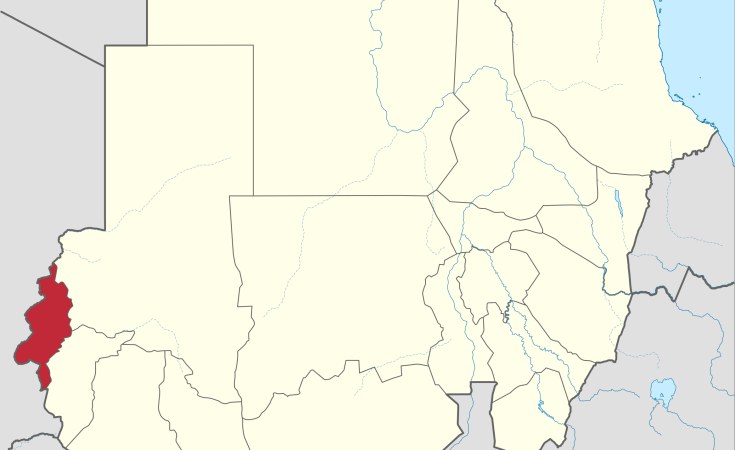El Geneina / Melit /Meji — People in Sudan are "enduring unspeakable horrors" amidst ethnically motivated violence in Darfur, warns a recent report by Amnesty International on Wednesday. Survivors who fled to eastern Chad from the events in the Ardamata neighbourhood of El Geneina, West Darfur, earlier this month recounted disturbing scenes of attacks that they attribute to the paramilitary Rapid Support Forces (RSF) and allied militias that have left hundreds dead and injured in their wake.
Amnesty International's Regional Director for East and Southern Africa, Tigere Chagutah, expressed grave concern, stating, "Civilians are trapped in endless cycles of pain, with attacks on ethnic targets continuing, raising the spectre of a scorched earth campaign and war crimes committed in past decades."
Eyewitnesses detailed how RSF and militias indiscriminately targeted men, women, and children, executing civilians in their homes, on the streets, and even while attempting to flee. "On 6 November, my colleagues and I counted a total of 95 bodies in Ardamata, including an 18-day-old baby," revealed a doctor aiding victims in the area.
The Ardamata camp, which initially housed displaced people, is now witness to another wave of forced evacuations following these relentless attacks.
Amnesty International states that the lack of accountability for past crimes is a root cause of the renewed violence, calling for a halt to this cycle of terror and the "prosecution of those responsible for crimes against civilians".
Radio Dabanga reported on the statement made by the Sudanese Journalists Syndicate (SJS) earlier this month, which states that some of the victims of the massacre were killed inside a hospital while receiving treatment.
According to their statement, over 700 people were killed between November 2 and 9. A Sudanese doctor who fled Ardamata to Chad told Sudan Tribune that over 2,000 civilians were killed by the RSF and allied militias in the area between November 4 and 9.
The EU statement said that there were "credible eyewitness reports that more than 1,000 members of the Masalit community were killed in Ardamta in just over two days, during major attacks carried out by the RSF and its affiliated militias."
The SJS pointed out that some leaders of civil administrations and their families were targeted and killed inside their homes. "The killing did not even exclude the elderly or children," noting the killing of a prominent West Darfur native administration leader, Farsha Mohamed Arbab, his son, and eight grandchildren on November 4.
Displaced in Melit
Displaced people in Melit, North Darfur, are facing dire humanitarian conditions marked by a severe lack of water and food assistance.
Suleiman Ibrahim Adam El Douma, head of shelters in the Abbasi district, reported that over "25,000 displaced individuals are in desperate need of basic services, with numbers rising".
He adds that displaced people from various regions, including Nyala, El Fasher, and northern Sudan, are seeking refuge, with some even contemplating a journey to Libya.
People from the neighbourhoods are providing meals, but a critical shortage of water persists.
El Douma called on urgent intervention and assistance from humanitarian organisations to alleviate the suffering of the displaced population in Melit.
Chad camps
Sudanese refugees in eastern Chad's Meji camp endure a crippling water shortage amid worsening security.
Sources also told Radio Dabanga that the World Food Program aid, ongoing for two months, "lacks nutritional diversity, leading to malnutrition, especially among children and pregnant women".
Additionally, reports suggest that security threats persist, with attacks on the camp's displaced residents.
Over 900,000 refugees, fleeing West Darfur attacks, have put a strain on Chad's aid resources. Immediate aid is crucial as efforts continue to accommodate the growing number of refugees in Meji camp.


